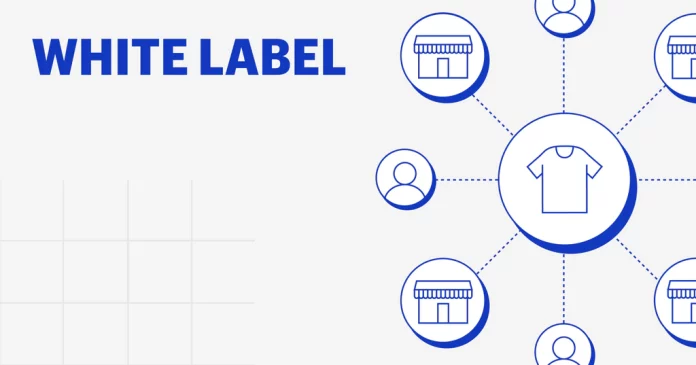White labeling is a business practice that has gained significant popularity in recent years and for good reason. Simply put, white labeling is when a product or service is created by one company and then rebranded and sold by another company under its own brand name. The practice allows companies to expand their offerings and tap into new markets without having to invest significant time and resources into product development.
In this blog, we will take a closer look at white labeling, including its definition, examples of industries where it is commonly used, as well as the advantages and disadvantages of using this business model.
We will explore how white labeling can be beneficial for both the company that creates the product/service and the company that resells it. For the former, it provides an opportunity to generate additional revenue streams without having to handle sales and marketing efforts. For the latter, it allows them to offer a wider range of products/services to their customers without the need for extensive research and development.
Additionally, we will delve into some of the potential downsides of white labelings, such as the risk of lower profit margins and potential quality control issues. We will also discuss some strategies for mitigating these risks and ensuring a successful white-labeling partnership.
Overall, this blog will provide a comprehensive overview of white labeling and help readers understand whether it could be a viable option for their business.
White Label Products vs. Private Label Products
While white-label products are generic products that a company sells to other businesses that then rebrand them as their own, private-label products are products a company sells exclusively to one retailer. A manufacturer will sell a private label product to only one purchaser that then has the exclusive right for rebranding the product and selling it in their store.
Examples of White Labeling
White labeling is a very popular strategy that companies can use in many different ways to sell products or services.
- Clothing items: A company wants to sell clothing merchandise that customers can purchase to show support for the brand. They hire a company with white-label services to sell them blank T-shirts and hats. They then print their own logo on the products and sell them to customers to wear to raise brand awareness.
- Generic grocery products: A grocery store buys generic products like pasta noodles or peanut butter from various white-label companies. They then add their own grocery store brand to make them look like their own products and sell them in their stores.
- Water bottles: An entrepreneur discovers that stainless steel water bottles are popular and wants to start selling them while they’re in demand. They find a white-label partner who sells them generic stainless steel water bottles and then add their own brand on the bottles. The entrepreneur is able to start selling products quickly while the water bottles are still popular.
Pros of White Labeling
There are several benefits of white-label products for startups, entrepreneurs, or resellers who want to develop a brand name. White labeling allows you to:
- Avoid high upfront costs: Choosing a white-label solution allows you to skip the manufacturing process and possibly even have a third party manage fulfillment or white-label branding. Having a white-label manufacturer do this work for you means you can put more money into a digital marketing strategy to sell more branded products.
- Quickly start selling a product: A white-label company will do all of the manufacturing for you. All you need to do is purchase the end product and add your company name.
- Sell supplemental merchandise: Many brands or companies create merchandise to promote their brand using T-shirts or tote bags. Many white-label retailers offer products with blank templates so companies can put their own brands on them instead. You can use white labeling like this to quickly start selling merchandise or new products that can help build brand awareness.
Cons of White Labeling
There are a few disadvantages to outsourcing manufacturing to a white-label company. With white labeling, you have:
- High competition: You will often purchase a product from a white-label company that other companies are also purchasing to resell. You may have to do a lot of work to make your branding stand out so customers don’t go to a competitor for the same product at a lower price.
- Lack of differentiation: White-label products can be generic; often, only the branding you place on them differentiates them.
- Less control over quality: With a white-label business model, the purchaser has little control over the quality of the product. The white-label company makes decisions on all of the manufacturing and is responsible for quality control.



